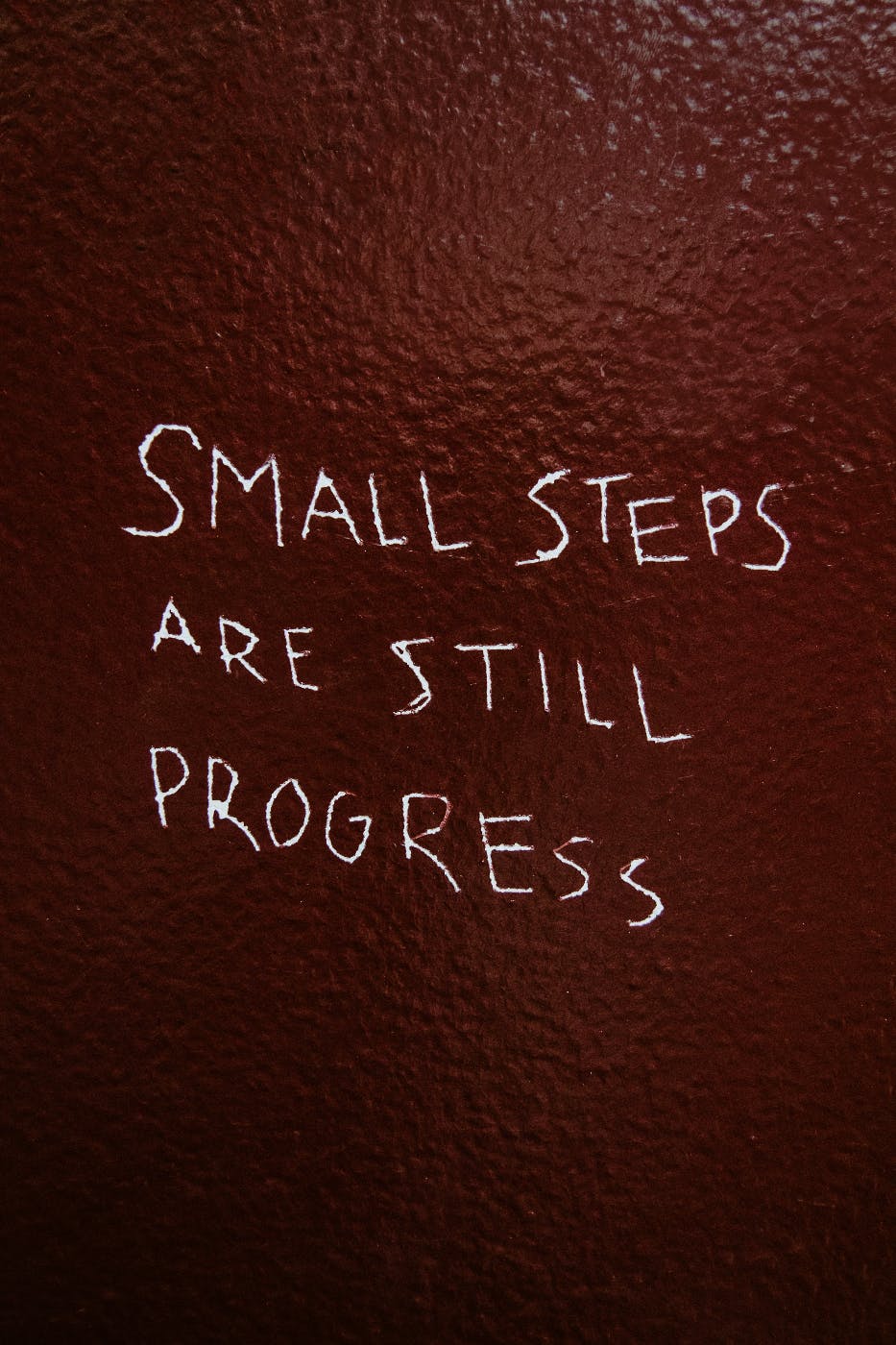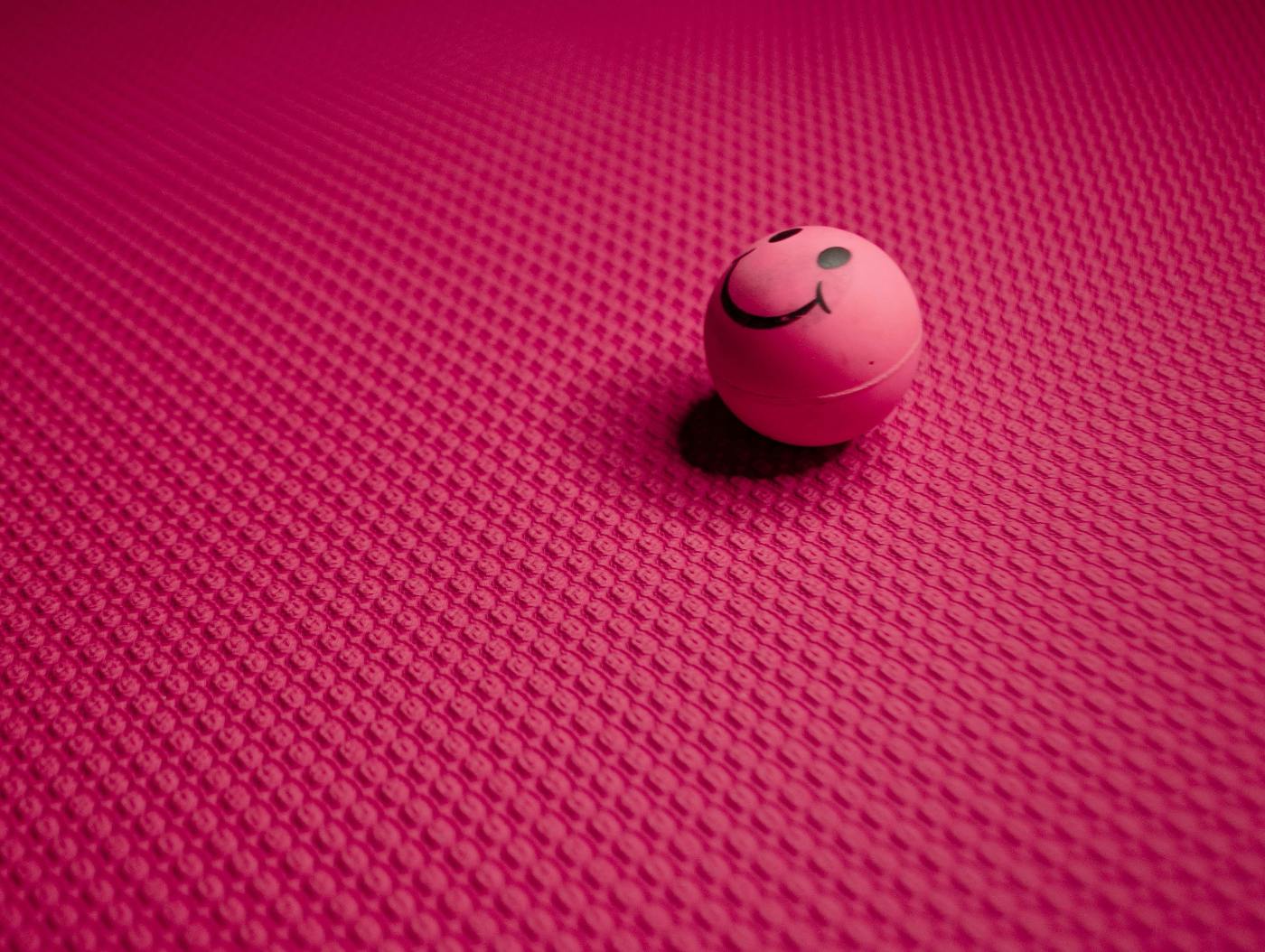
Seeking perfection may seem noble, but it sets you up for unreal expectations, and then nothing matches up.
When I started looking at writing as a possible occupation back in college, I had some trouble. Once I decided to make a career out of writing, I became obsessed with being perfect. I wanted to write perfect sentences, craft perfect documents and fill pages with perfect ideas, perfect paragraphs, and perfect grammar.
I wrote nothing for over a year. I was stalled because nothing I put on the page or the screen was perfect. I nearly perfectly flunked out.
Also, perfectionism leads to procrastination.
Even now, facing a blank screen and a hairy-ass deadline, I stalled, fingers poised above the keys because I wanted this article to be perfect. And it won’t be because nothing is perfect.
What’s Wrong With Perfectionism
We use the term perfectionist as some kind of badge of honor; don’t mind him; he’s a perfectionist. Is that truly something to strive for? In a way, yes, but in another very different way, no.
There is a vast difference between striving to do your very best and trying for perfection. One will give you the drive to keep searching, seeking, getting better, and trusting yourself. The other will leave you filled with anxiety and doubt and closer to a mental breakdown. Why?
Because perfection is impossible.
Suppose you don’t understand perfection is impossible and keep pushing yourself toward it. In that case, you can end up with a host of problems ranging from depression to eating disorders, alcohol abuse, anxiety, and insomnia.
Seeking perfection may seem noble, but it sets you up for unreal expectations, and then nothing matches up. In relationships, if you expect your partner to be perfect, you will be disappointed; no matter how great they are, perfect is not attainable.
This will feed into work; the perfect job will soon show its flaws, and then what? You quit and look for the next perfect job? Unrealistic expectations form the base of perfectionism. Ignoring that these expectations are unreal will lead to emotional upheaval.

“I’m actually writing a short story about a photographer who went completely insane trying to take a close-up photo of the horizon.”Quote:
Steven Wright
Perfection and Creativity
Perfection and creativity do not mix well.
When we are at our most creative or engaged in a creative endeavor, we welcome mistakes, throw out rules, and do not strive to get things perfect. Creativity demands free thinking, open acceptance of whatever inspires, and knowing the process is just as important, if not more so, than the product.
Creativity demands mistakes are made and that we learn from those mistakes and embrace them for where they can take us. When creating, perfection is never in the mix. It has no place in the creative process. Perfection is overly demanding, unrealistic, and, as we said earlier, dangerous to your mental health.
Creativity requires risk, moving away from your comfort zone, and vulnerability, none of which perfectionism allows or even tolerates.
When you start on a creative task, if you’re focusing on being perfect, you’re wearing blinders, seeing only the need to be perfect. When doing this, you’re cutting off inspiration from unknown places; you’re automatically limiting yourself because creativity is messy, and perfectionism requires straight lines and smooth surfaces. Creativity has none of that.
When driving yourself to be perfect, it’s easy to forget that happy accidents and mistakes have given us some of our greatest inventions. Don’t believe that; take one example, Penicillin. One of history's most significant medicinal breakthroughs came about entirely by accident. Sir Alexander Fleming interrupted his experimentation with the influenza virus for a two-week holiday. When he returned, he found that a mold had started to grow, which deterred the virus. Penicillin was born and is now used to treat everything from acne to pneumonia.
If Fleming were hellbent on being perfect, we would never have this invention. He would return to his lab, see what was happening, freak out, throw it away because it was not perfect, and we’d all be popping zits while coughing up a lung.
How about the strike able match? English pharmacist John Walker accidentally got a lump of his fun new mixture of antimony sulfide and potassium chlorate on the end of his mixing stick. Naturally, he tried to scratch it off, and it burst into flames – a terrifying but incredible breakthrough. A happy accident that keeps us from carrying a fireplace with us everywhere we go.
Mistakes and accidents have given us so much, and they have been able to because the creators, and the inventors, were out-of-the-box thinkers and creative marvels and said yes to mistakes. When you’re seeking only perfection, you’re just not open to inspiration.

“Striving for perfection out of the gate adds more obstacles to the path than it eliminates; ultimately, striving ever closer to perfection is a potentially an infinite goal. However, striving for great… then testing, iterating, and continually improving towards perfection allows for testing of assumptions, gathering data, and progress.” -Quote:
Mike Harker, CEO, ThoughtLab
Forgive and Roll With it
While perfectionism drives us toward unrealistic goals, it also promotes self-hatred. When a person fails at a task, they analyze and learn from it; then, they move forward. A perfectionist, on the other hand, sees nothing but the failure. They don’t learn from it because all they see is the glaring red light screaming you’re a failure, which gets in the way of anything productive.
Perfectionism does not lead to creativity but self-loathing, and that spirals out of control. Instead of seeing the mistakes as a growth opportunity, the perfectionist turns that inward and changes “you’ve made a mistake” to “you are a mistake.” That mindset is not at all conducive to creative thought or action.
One of the best ways to combat this need for perfection is to forgive yourself. Know that you are not your mistakes, that you are human, mistakes are human, and they are valuable when you stop using them to beat yourself into submission.
This switch isn’t going to be easy. You start by recognizing that imperfection abounds, it’s not the end of life, and it’s getting in your way. Look at the people around you, the ones you love, and know they are not perfect, and you wouldn’t feel the same way about them if they were.
Another way to move away from the perfectionist life is to stay away from social media. Endless scrolling on social media, viewing all the posts from friends and strangers that make it look like their lives are perfect, is dangerous. Comparing your life to others on social media is as unrealistic as trying to be perfect. It leads to depression and worse. If you're feeling the pull of perfectionism in your life, stay away from social media for a week and then see how you feel.
If you’re compelled to compare yourself for some reason, then understand that the only person you need to compare yourself to is you today, you yesterday, and you in the future. The only person you’re genuinely in competition with, especially when it comes to creativity, is you.
Perfectionism is overrated and unrealistic, and it’s killing your creativity. Forgive, learn, move forward, and give your human self a break. You have no idea what your imperfections can lead you to, and you’ll never know until you embrace the wonderful truth that you’re not perfect. And if anyone demands you be so, walk away. They aren’t helping you at all.

